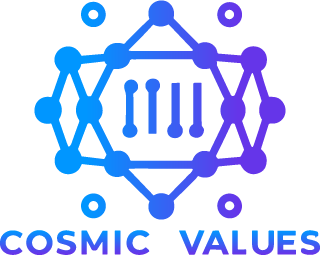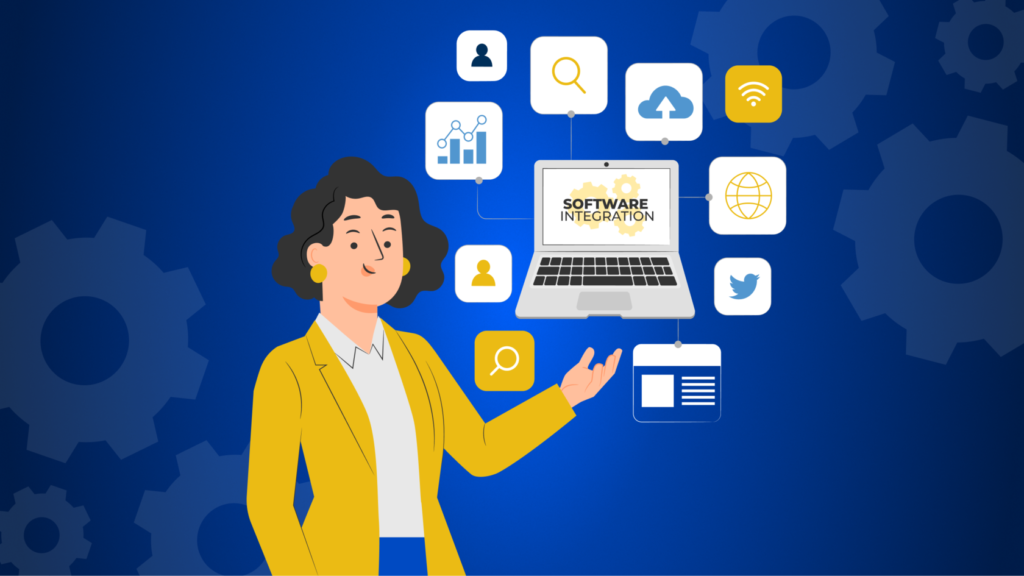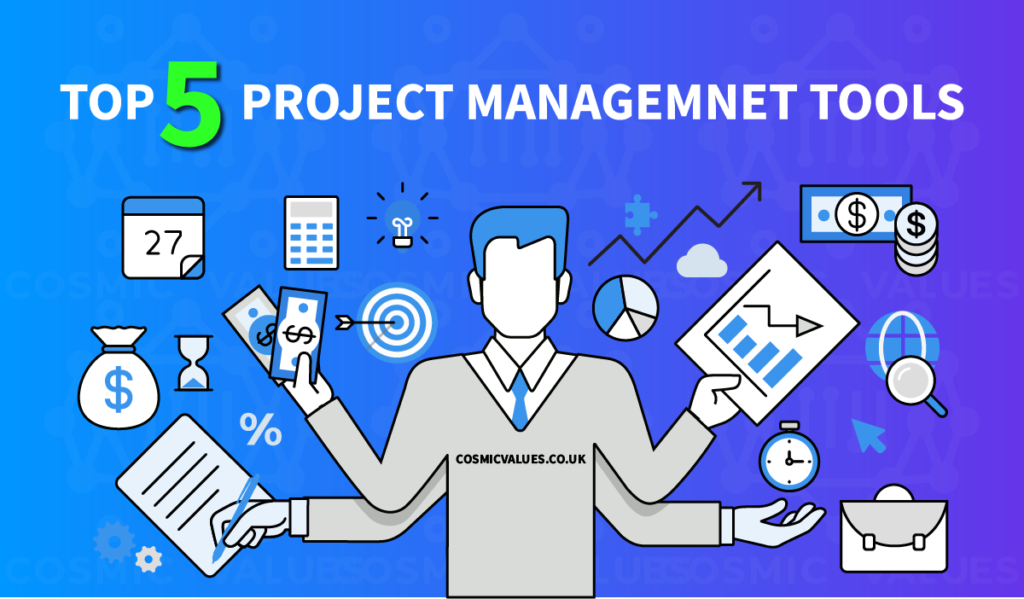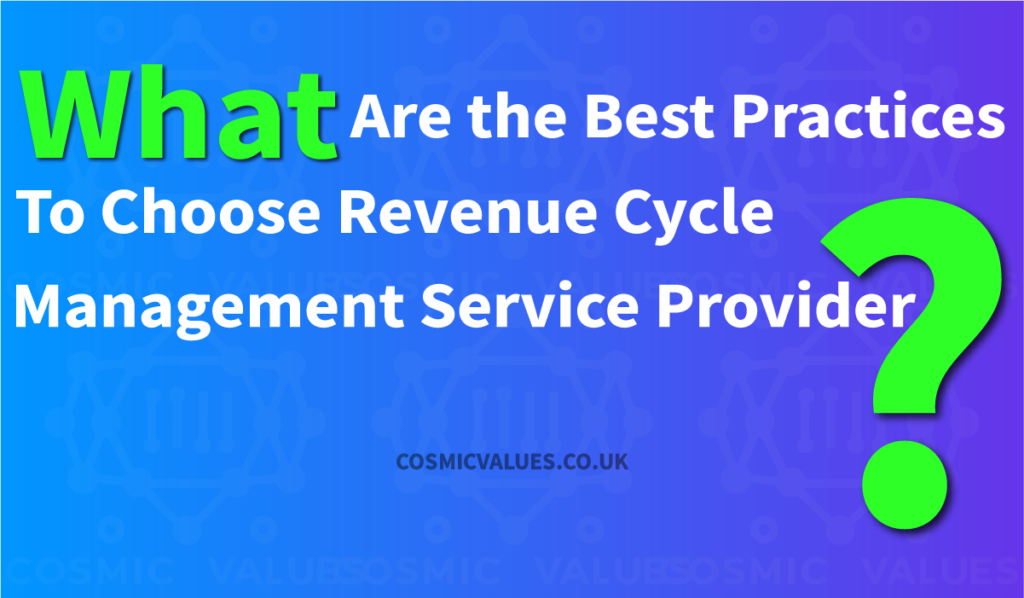In today’s dynamic business landscape, efficiency and streamlined operations are no longer a luxury, but a necessity. This is where enterprise software steps in, acting as the digital backbone for organizations of all sizes. But what exactly is this enigmatic software solution, and how can it empower your business to reach new heights? Buckle up, as we delve into the exciting world of enterprise software, unveiling its capabilities and the value it brings to the table.
Core Principles: What Makes Enterprise Software Tick?
At its core, enterprise software is designed to manage and automate critical business processes across various departments. Imagine it as a central nervous system, connecting different functions like arteries, ensuring seamless information flow and data exchange. Unlike consumer-grade software, enterprise solutions cater to the unique needs of large organizations, handling complex tasks and accommodating multiple users simultaneously.
Here’s what sets enterprise software apart:
- Scalability: Built to grow with your company, these solutions adapt to an expanding user base and increasing data demands.
- Security: Rigorous security features protect sensitive information, ensuring compliance with industry regulations.
- Integration: Seamless integration with existing systems and third-party applications eliminates data silos and improves collaboration.
- Customization: Many solutions offer customizable options to tailor them to your specific workflows and processes.
- Centralized Management: Streamline administration tasks and gain valuable insights through centralized dashboards and reporting tools.
Unveiling the Diverse Landscape: Types of Enterprise Software
The term “enterprise software” encompasses a vast array of solutions addressing different business needs. Let’s explore some prominent categories:
- Enterprise Resource Planning (ERP): The granddaddy of them all, ERP systems manage core business functions like finance, accounting, supply chain, and human resources. Think of it as a unified platform for all your operational data.
- Customer Relationship Management (CRM): Build stronger relationships with your customers by managing interactions, sales pipelines, and marketing campaigns through dedicated CRM software.
- Business Intelligence (BI): Transform raw data into actionable insights with BI tools, enabling data-driven decision-making and uncovering hidden trends.
- Content Management Systems (CMS): Manage your website content efficiently and publish engaging content with user-friendly CMS platforms.
- Project Management Software: Collaborate effectively and keep projects on track with robust project management solutions.
This list merely scratches the surface, with specialized software options available for almost every industry and department.
The Impact Equation: How Does Enterprise Software Benefit Your Business?
Investing in the right enterprise software can dramatically impact your business in several ways:
- Enhanced Efficiency: Automate routine tasks, freeing up employee time for more strategic initiatives.
- Improved Decision-Making: Gain data-driven insights from reports and analytics to make informed choices.
- Increased Productivity: Streamlined workflows and collaboration tools boost employee productivity.
- Reduced Costs: Eliminate inefficiencies and optimize resource allocation to save money.
- Enhanced Customer Satisfaction: Improve customer service with better communication and responsiveness.
- Competitive Advantage: Gain an edge over competitors by leveraging advanced technology and data-driven strategies.
However, it’s crucial to remember that enterprise software isn’t a magic bullet. Careful planning, user training, and ongoing support are essential to maximize its benefits and ensure a smooth implementation.
Navigating the Maze: Selecting the Right Enterprise Software
With a plethora of options available, choosing the right enterprise software can seem daunting. Here are some key considerations:
- Identify your business needs: Clearly define the challenges you aim to address and the functionalities you require.
- Set a budget: Determine your investment capacity and explore solutions that align with your financial constraints.
- Evaluate scalability: Choose software that can adapt to your company’s growth projections.
- Consider integration: Ensure the software integrates seamlessly with your existing systems and infrastructure.
- Prioritize security: Choose a solution with robust security features and compliance certifications.
- Seek expert advice: Consult with industry professionals and software vendors to find the best fit for your organization.
The Future of Enterprise Software: Embracing Innovation
The landscape of enterprise software is constantly evolving, fueled by advancements in artificial intelligence, cloud computing, and automation. These emerging trends are paving the way for:
- Hyper-personalized solutions: AI-powered software will customize experiences and automate tasks based on individual user needs and preferences.
- Enhanced collaboration: Real-time communication and knowledge-sharing across teams will be further powered by collaborative platforms.
- Predictive analytics: AI will proactively identify potential issues and recommend corrective actions, enabling proactive decision-making.
- Increased mobility: Cloud-based solutions will provide anywhere, anytime access to critical data and applications.
By embracing these innovations, businesses can unlock new levels of efficiency, agility, and competitive advantage.
Frequently Asked Questions about Enterprise Software: Demystifying Your Concerns
Navigating the world of enterprise software can raise several questions. Let’s address some of the most common ones:
Is enterprise software too expensive for my small business?
While some enterprise solutions cater to large corporations, there are also options tailored for small and medium-sized businesses (SMBs). Consider cloud-based subscriptions or modular solutions that start small and scale with your needs, making them budget-friendly for SMBs.
Can my employees adapt to new software easily?
User-friendly interfaces and comprehensive training programs are crucial for successful adoption. Look for vendors that offer robust training resources and prioritize intuitive designs.
Will implementing new software disrupt my current operations?
Change management is key. Choose vendors with well-defined implementation plans and experienced teams to guide you through the process smoothly, minimizing disruption.
What happens if I encounter technical issues?
Reliable customer support is vital. Opt for vendors with dedicated support teams and multiple support channels (phone, email, live chat) to ensure timely assistance when needed.
How secure is enterprise software?
Data security is paramount. Choose solutions with robust security features, data encryption, and compliance certifications to safeguard your sensitive information.
In conclusion, enterprise software isn’t just for large corporations. By understanding its core principles, exploring diverse options, and carefully selecting the right solution, businesses of all sizes can unlock its transformative potential. Remember, with proper planning, implementation, and support, enterprise software can become the driving force behind your organization’s success, propelling you towards a future of efficiency, data-driven decisions, and unwavering competitiveness.



